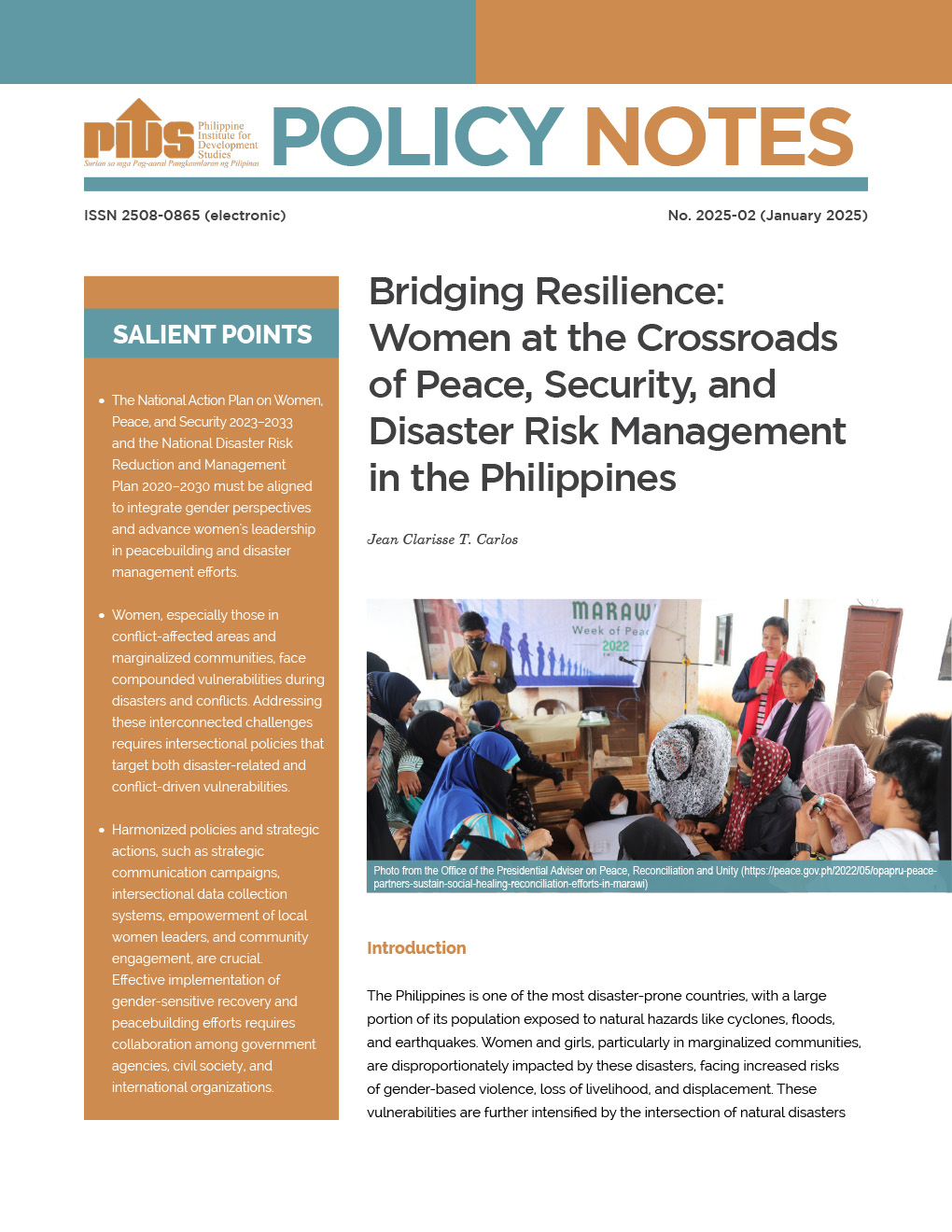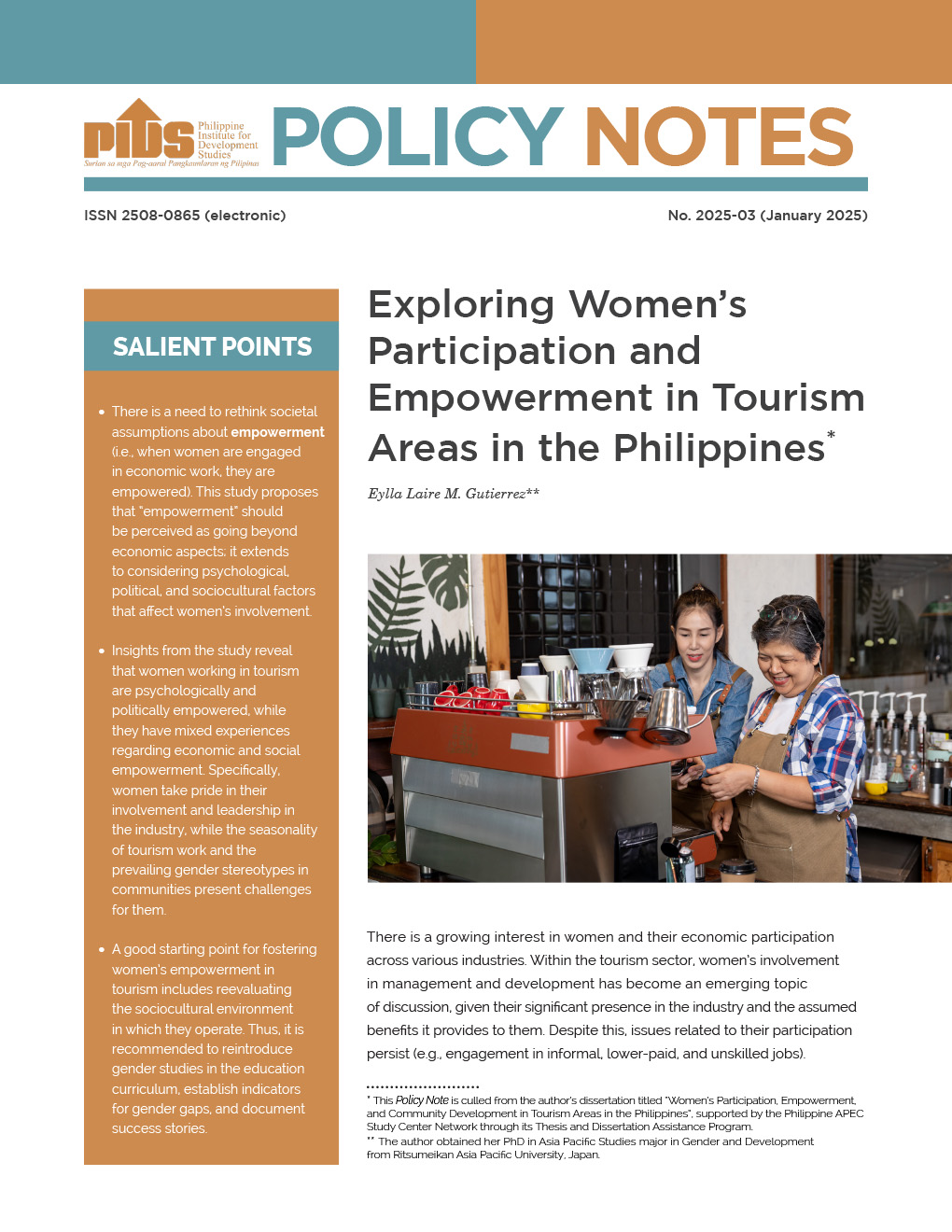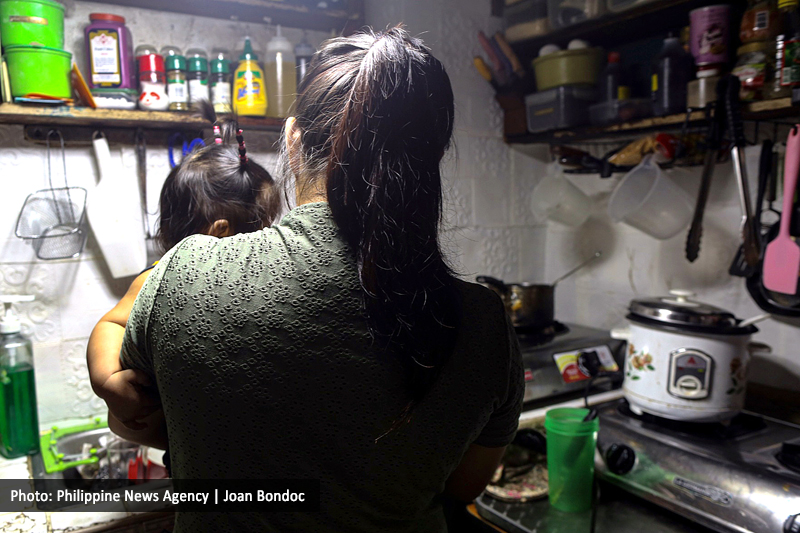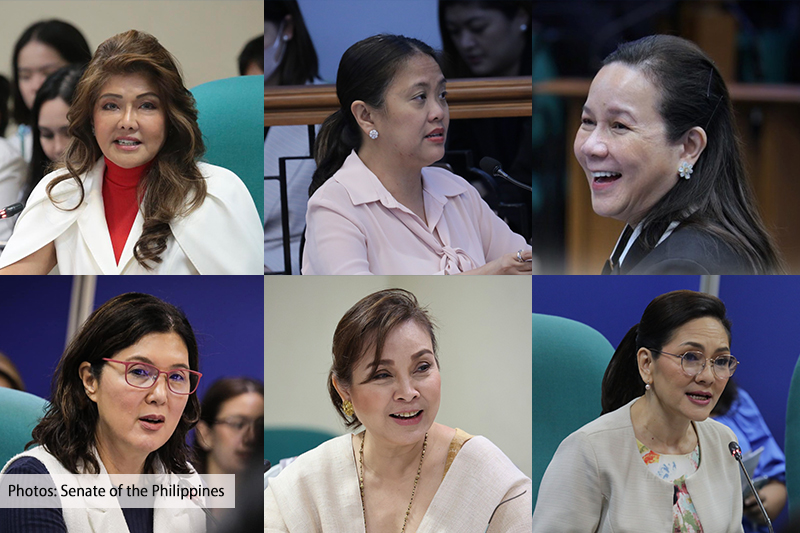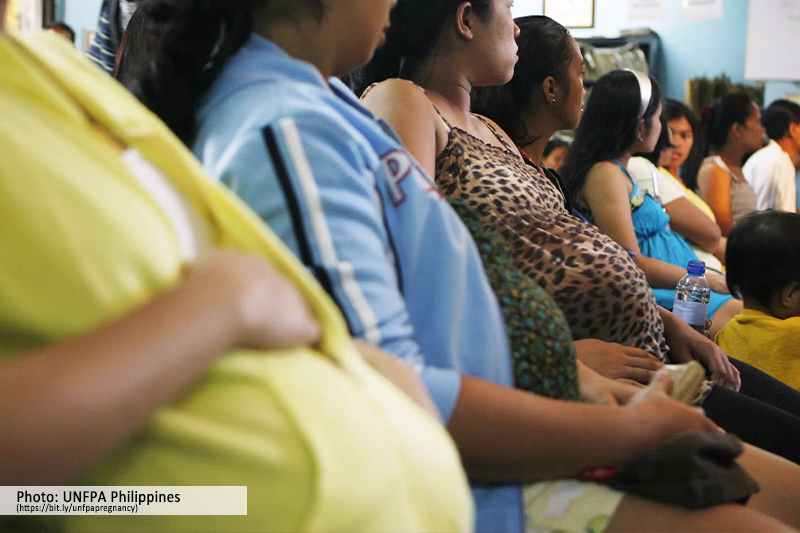Mudslinging has erupted between two congressional candidates in a district of the metropolis’ largest city. A key witness in a vote-buying complaint against a former lawmaker attempting a comeback made a dramatic reversal, accusing a lawyer aligned with the incumbent congressman, who is seeking reelection, of scripting testimony and threatening his life to implicate the former lawmaker.
A witness, referred to as “Angel” or “Ms. Abba,” came forward to disavow statements presented by the incumbent’s lawyer, claiming coercion to falsely accuse the come-backing lawmaker in connection with the alleged “Ako at Walo” vote-buying scheme.
The pyramid-like scheme allegedly involved supporters recruiting eight voters each for payouts of P500 to P1,000 on various dates, including as recently as 2 April.
The allegations were first publicized at a press conference held at a popular bakery owned by a spin doctor who also writes for a newspaper. Witnesses carrying placards denounced the vote-buying during the exposé.
Angel, a self-confessed political host and former social media handler for the incumbent, claimed he was forced into hiding, given a script, and offered P50,000 and even sex reassignment surgery as part of an orchestrated effort to discredit the comebacking congressman.
“He asked me to say things against the rival, even if they weren’t true,” Angel said in a video statement, adding that he did not write the affidavit attributed to him.
“I was terrified and didn’t want to speak at that press conference. They told me an assassin was waiting outside,” the star witness said.
He accused the lawyer, along with members of the reelectionist lawmaker’s team, including individuals named Michaelangelo and a village official known as “Kagawad Poleng,” of masterminding a plan to frame the former congressman with fabricated evidence and testimonies.
Angel said he was housed at the Go Hotel in the city under the guise of protection, but felt like a captive.
“I was given money and scripts and told to memorize lies. When I couldn’t get the script right, they edited the video and made it viral. I feared for my life and my sister’s,” he said.
He further accused the lawyer of threatening him when he hesitated to comply and called for the lawyer’s disbarment, claiming he was used as a pawn in a political war.
Angel’s representative has submitted his sworn statement and a USB containing crucial video evidence to the Commission on Elections and the police station in their district.
The disqualification case against the former congressman, anchored on alleged vote-buying under the “Ako at Walo” scheme, now faces serious credibility issues, as the key witness insists, he was used to fabricate the allegations.
Female politicos remain a minority
In 2022, only 24 percent of elected positions in the country were held by women, a notable decrease from 30 percent in 2017.
Despite progressive laws like the 1987 Constitution and the Magna Carta of Women, both of which uphold women’s equal role in nation-building, Filipina leaders remain vastly underrepresented in governance.
At a knowledge-sharing forum on 27 March organized by the Socioeconomic Research Portal for the Philippines of the state think tank Philippine Institute for Development Studies, political science professor Dr. Jean Encinas-Franco illuminated these challenges.
“Women have their rightful place in formal politics,” she said. “If women comprise half the population, then they should be represented in decision-making bodies.”
The World Economic Forum estimates that achieving gender parity in political representation could take up to 95 years. If progress continues at the current pace, parliamentary equality alone might need at least 48 years.
But that progress is anything but steady.
Rwanda, for example, has achieved nearly 50 percent female representation in government, thanks to electoral reforms and gender quotas. Other nations have implemented proportional representation systems or reserved seats for women — structural moves that could serve as models for the Philippines.
Institutionalizing gender quotas and incentivizing female candidates could level the playing field.
Online harassment, gender-based violence, and smear campaigns steeped in sexism deter many women from entering public life. Recent moves by the Commission on Elections to penalize sexist and homophobic remarks during campaigns are a step in the right direction but “more must be done.”

